I'm just trying to get the basic Hello World (project Trial0) application running using:
- Eclipse Version: 2020-12 (4.18.0)
- With SWT 4.18 (Linux, GTK)
- with the Java Compiler set to 15
Following the (kinda ancient, it's about JDK 1.4 and SWT 3.1) description in Developing SWT applications using Eclipse, I have imported the SWT project into Eclipse:
- Go to https://download.eclipse.org/eclipse/downloads/index.html#Stable_Builds
- Click on "4.18" to reach https://download.eclipse.org/eclipse/downloads/drops4/R-4.18-202012021800/
- Scroll down until you reach "SWT Binary and Source" and download the zip swt-4.18-gtk-linux-x86_64.zip.
- The zip includes 'swt.jar' (which includes the '.so' files). Launch Eclipse's "File > Import > General > Existing Projects into Workspace", the select the above zip as "Archive File"
I immediately hit a modularization/Jigsaw snag in a project that uses the imported SWT project. The compiler apparently is not allowed to see the SWT classes, which are not modularized:
"The package org.eclipse.swt.widgets is not accessible"
In this code:
package trial;
import org.eclipse.swt.widgets.*; // "The package org.eclipse.swt.widgets is not accessible"
public class MyApp {
}
Here is the project:
Note the module-info.java file on the importing project. It contains:
module trial0 {
requires java.desktop;
}
The swt.jar indeed does not advertise modules:
$ jar --file=swt.jar --describe-module
No module descriptor found. Derived automatic module.
swt automatic
requires java.base mandated
contains org.eclipse.swt
contains org.eclipse.swt.accessibility
contains org.eclipse.swt.awt
contains org.eclipse.swt.browser
contains org.eclipse.swt.custom
contains org.eclipse.swt.dnd
contains org.eclipse.swt.events
contains org.eclipse.swt.graphics
contains org.eclipse.swt.internal
contains org.eclipse.swt.internal.accessibility.gtk
contains org.eclipse.swt.internal.cairo
contains org.eclipse.swt.internal.dnd.gtk
contains org.eclipse.swt.internal.gtk
contains org.eclipse.swt.internal.image
contains org.eclipse.swt.internal.opengl.glx
contains org.eclipse.swt.internal.webkit
contains org.eclipse.swt.layout
contains org.eclipse.swt.opengl
contains org.eclipse.swt.printing
contains org.eclipse.swt.program
contains org.eclipse.swt.widgets
Do I need to add module-info.java files to the SWT jar? Is there another "canonical" way of pulling the SWT jar up into modularization-land?



